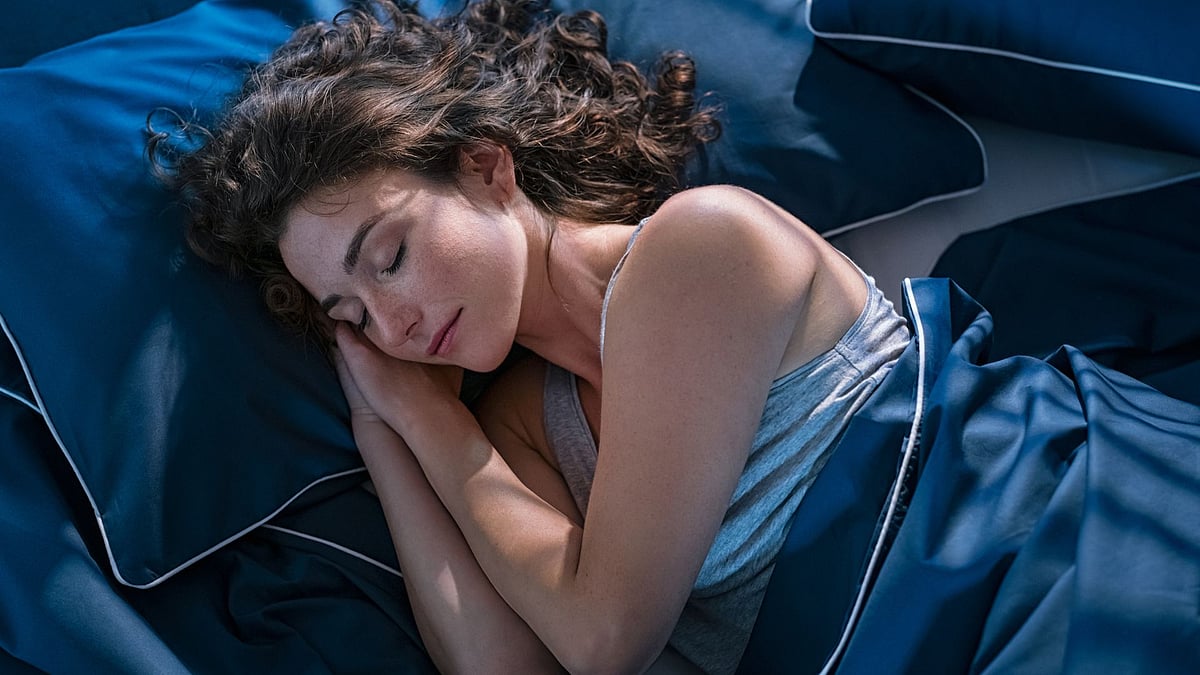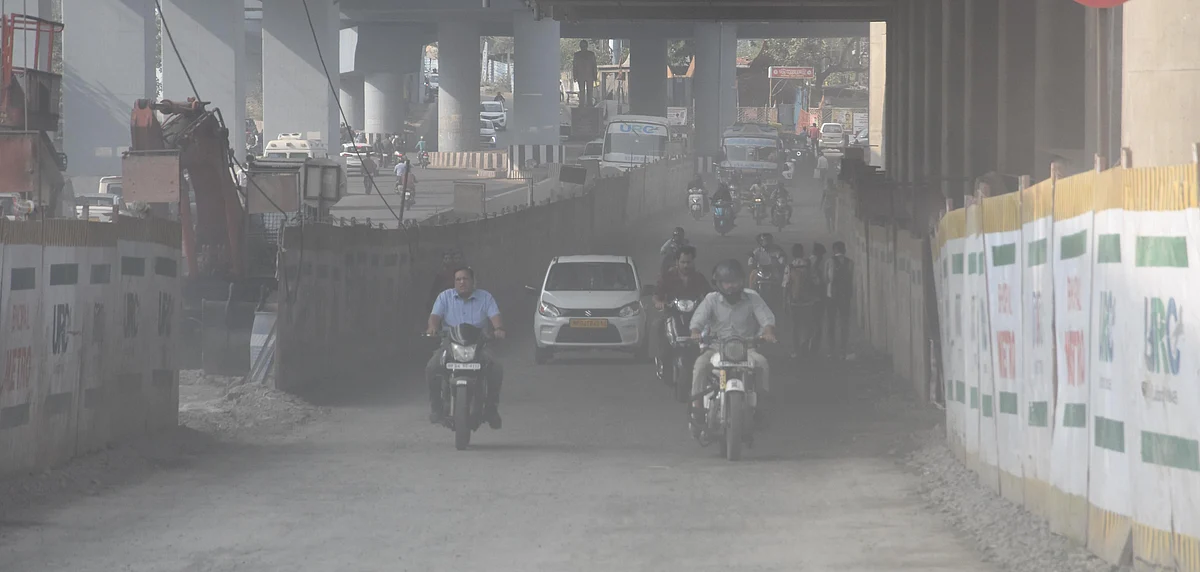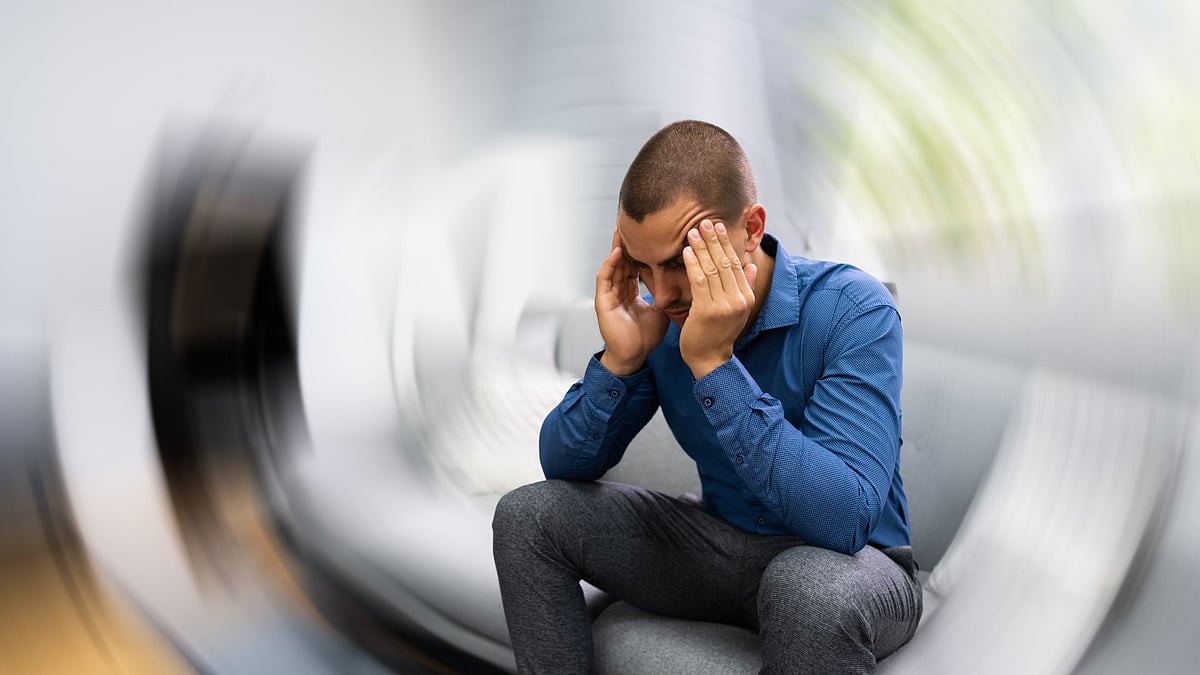Did you know that a one-time surgery can cure diabetes? There have been patients in Mumbai, other parts of India, and even abroad who have reversed their type-2 diabetes and continue to lead a healthy life. Dr Surendra Ugale, the 2nd surgeon in the world to carry out ileal interposition surgery for control and cure of diabetes speaks to Swarna Srikanth during his visit to Mumbai this April.
Excerpts
Tell us more about this surgery.
A surgery for diabetes can be done on anyone suffering from the disease.
Bariatric surgery is primarily a weight loss surgery, but is discovered to be effective on diabetes too. Those who don't face obesity, but have diabetes, don't usually qualify for bariatric surgery. They can undergo a special surgery for diabetes which is called ileal interposition. It is a metabolic surgery pioneered by a Brazilian surgeon Aureo De Paula in 2003. I was trained by him and we became the second team in the world to go about with this procedure.
Can you hint us about the overall process? Is it safe?
Ileal interposition is free from a bypass of the intestine. We transplant a segment of the small intestine from the lower end and bring it higher up to let the intestinal hormone give the anti-diabetes effect. It takes about 4-7 hours.
Once the surgery is done, they stay on liquids for a week and are given walking exercises. It is safe and very effective.
How much does it cost?
In private practice, the cost is around 7-8 lakh INR, however, we believe that the work involved is a lot more. For people who cannot afford it, I see whether their condition really needs surgery, and if yes, we either ask our sponsors or take them to the demonstration at surgical conferences and workshops where the surgery cost is reduced to nearly 50% for patients.
Have you seen youngsters consult you over body shaming remarks, like being fat?
Yes. For younger people, I recommend good exercise, pranayama methods, Sudarshana kriya, and vipassana meditation. These happen to be some of the effective non-pharma methods. Just because they are body-shamed, I don't initiate immediate surgery for a cure.
Can you recollect some of the cases you are proud of?
I know of an Indian-origin person living in the US who did this surgery with us in 2010. He has run eleven marathons there.
Four years into my career in this surgery, my wife who is a gynaceologist wanted to go for it. So, we operated her. Since 2012 to date, she has been free from diabetes.
Challenges this surgery has seen?
Since this surgery has come up revolving around weight loss, many including the insurance sector are tagging BMI, even if we aim to go ahead with it for diabetes.
In India, the eligible BMI for operation was more than 30. It was only one and a half years ago that the larger world agreed to the effectiveness of bariatric surgery in treating diabetes in people even with lower weight, leading to a reduction the qualifying mark of the BMI to 27.5 in the case of uncontrolled diabetes.
Your message to people suffering diabetes, fellow health experts.
People need to take care and prioritise health, which they sadly don’t unless it gets very serious. This needs to change.
Physicians who deal with patients suffering from diabetes are either themselves unclear about this surgery or insecure about recommending this. Probably because it revolves around human nature that they may lose a patient after they are completely cured, but they must think how it would bring goodwill and praise for right advice.
How did you learn about ileal interposition surgery for diabetes?
A mutual friend of mine and the Brazilian surgeon told me about going to Brazil to learn about this surgery for diabetes. Noting that India has several cases of diabetes, and incidentally, my wife being diagnosed with diabetes, I also went to learn the surgery.
What interested you in pursuing medicine?
From my college days, I have been interested in biology. I could do dissections well. Also, my father has been a surgeon but it has not that much influenced me. A little exposure to laparoscopy took place during my internship days when my father introduced me to the famous gynecologist Dr Bomsi Wadia. So with him, I learned the nuts and bolts of laparoscopy.
My interest constantly grew in medicine. I was involved in a gastrointestinal surgery with Prof Shrikhande which also influenced me.
I found laparoscopy fascinating and that took me to Germany. I got trained in it and started teaching surgeons.
While we understand you have a busy schedule, we ask what do you do during your leisurely time.
I love spending time with family and friends. I enjoy travelling and so does my wife So, whenever possible, we travel and also watch movies. I also do some photography.
Your dream in healthcare?
My dream is to set up an integrated healthcare centre (in Goa) and a small boutique hospital to care of any emergencies.
I try my best to help people and give back to society. I don't tell people that it isn't my field. I tell them to share their health problems with reports to see which individual in my connection can help them.
I call these people around me “healers,” who are into homeopathy, Vedic vibrational healing, energy healing, German new medicine, hypnotherapy, acupressure, acupuncture, and colon cleansing. I want to integrate all these and accept people with whatever discomfort they have and see who can heal them by providing overall healing.
I would love this to be the legacy I leave behind which is a different way of looking at disease causation and healing with the least utilisation of pharma.
The journey towards my dream is already on.












